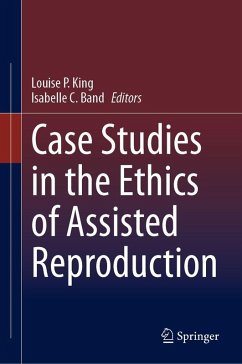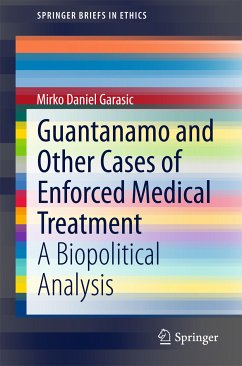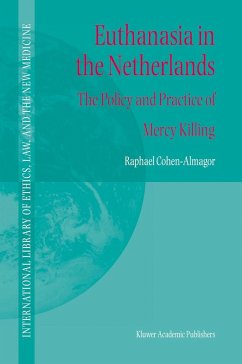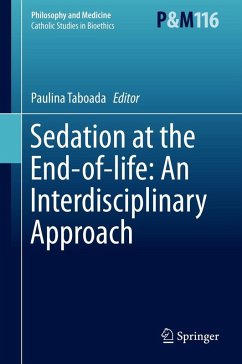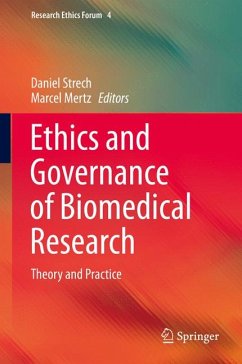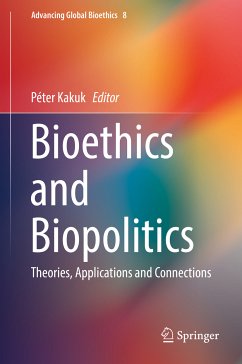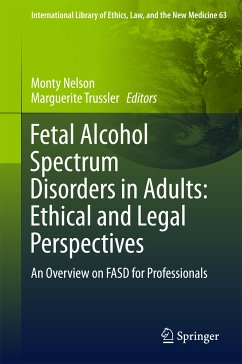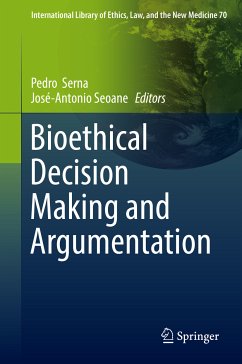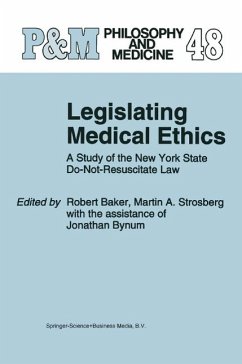
The Discourse of Biorights (eBook, PDF)
European Perspectives
Redaktion: Seoane, José-Antonio; Vergara, Oscar
Versandkostenfrei!
Sofort per Download lieferbar
112,95 €
inkl. MwSt.
Weitere Ausgaben:

PAYBACK Punkte
56 °P sammeln!
This book provides answers to the questions that biomedical and biotechnological research has posed to our societies by proposing the introduction of biorights. It shows how bioscience affects our individual and social lives by discussing and answering important questions such as; Are we becoming more vulnerable and unable to protect ourselves? How can we ensure fairness and justice with regards to the access to health care? Are human dignity, autonomy and equality at risk? Do we need new and special rights: neurorights, genetic rights? What is the meaning and scope of the right to life, healt...
This book provides answers to the questions that biomedical and biotechnological research has posed to our societies by proposing the introduction of biorights. It shows how bioscience affects our individual and social lives by discussing and answering important questions such as; Are we becoming more vulnerable and unable to protect ourselves? How can we ensure fairness and justice with regards to the access to health care? Are human dignity, autonomy and equality at risk? Do we need new and special rights: neurorights, genetic rights? What is the meaning and scope of the right to life, health, privacy or non-discrimination? Biorights are the suggested solution for dealing with these challenges. Healthcare professionals, bio-researchers, policy makers, scholars, and citizens will, in this book, find a guide to knowing how bioscience affects our lives. Furthermore, this book provides a comprehensive method for biomedical and biotechnological decision-making that comprises human or basic rights dimensions alongside technical and ethical dimensions.
Chapters 1, 12 and 18 are available open access under a Creative Commons Attribution 4.0 International License via link.springer.com.
Chapters 1, 12 and 18 are available open access under a Creative Commons Attribution 4.0 International License via link.springer.com.
Dieser Download kann aus rechtlichen Gründen nur mit Rechnungsadresse in A, B, BG, CY, CZ, D, DK, EW, E, FIN, F, GR, HR, H, IRL, I, LT, L, LR, M, NL, PL, P, R, S, SLO, SK ausgeliefert werden.



